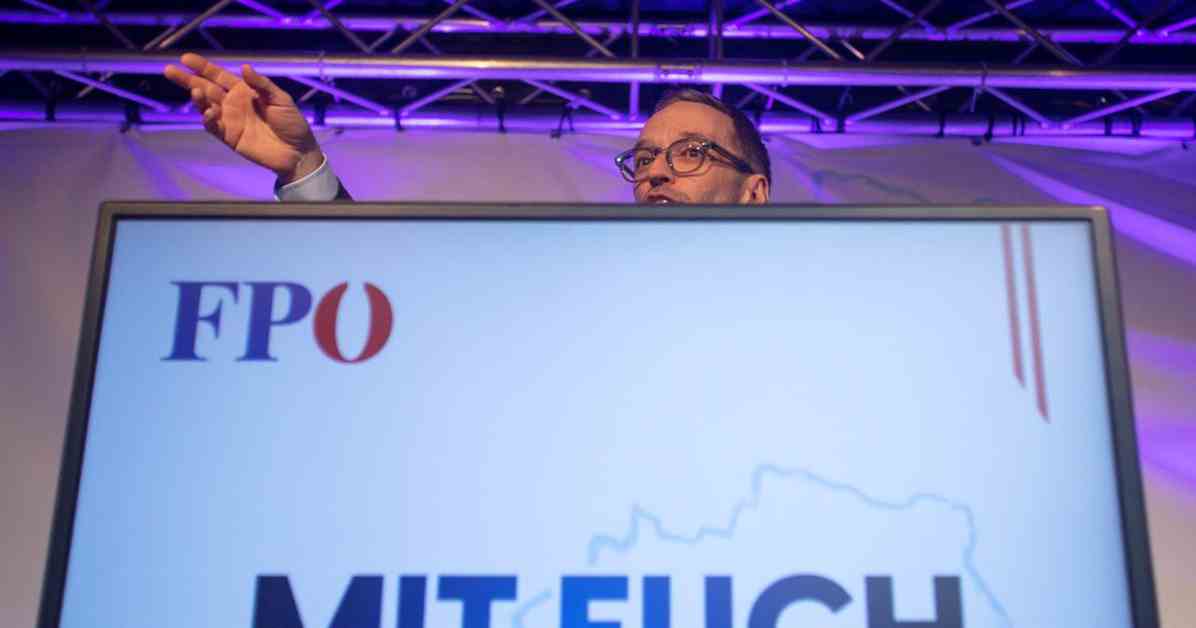European Elections: FPÖ’s National Conservative Party Emerges Victorious in Austria
Published 4 hours ago, Updated 4 hours ago
Herbert Kickl, leader of FPÖ, on May 24. ALEX HALADA / AFP
The far-right FPÖ party came out on top in the European elections on Sunday in Austria, marking its first victory in a national election. They garnered 25.7% of the votes, according to nearly complete results released by the media in the evening. Following closely behind were the ÖVP conservatives (24.7%), currently in government, and the SPÖ social democrats (23.2%). The Greens secured 10.7% of the votes. Previously diminished after the corruption scandal of the Ibiza-gate, the Austrian Freedom Party (FPÖ) had only secured three seats in the European Parliament after the 2019 election, a number that is expected to double in the new session. Under the leadership of a radical chief, Herbert Kickl, the party has since regained momentum.
« The voters have written a page of history, » he praised in front of his supporters gathered in Vienna, emphasizing the « desire to open a new political era in Austria and Europe. » Since taking over the party presidency in 2021, Mr. Kickl has managed to win back voters, notably through his « anti-vaccine » rhetoric during the Covid-19 pandemic, in a country divided by strict health measures that even led to the confinement of the unvaccinated. On the topic of the war in Ukraine, the 55-year-old orator advocates for Austria’s « neutrality, » criticizing the support given to Ukraine and the EU sanctions against Moscow. During the campaign, the party put up posters depicting the President of the European Commission Ursula von der Leyen embracing Ukrainian President Volodymyr Zelensky.
Following this success in the European elections, the FPÖ hopes to win the scheduled parliamentary elections at the end of September, although there are no guarantees of finding partners to govern. Herbert Kickl called on Sunday to go further and mentioned « this new stage which is the federal chancellery. » « This country needs an FPÖ head of government, » he declared, as only Austrian media were allowed to cover the election night event. The mood was less festive on the conservative side, with their score dropping by 10 points compared to 2019, even though the party was able to secure second place. Conservative Chancellor Karl Nehammer acknowledged hearing « the message » sent by voters, promising to regain their trust by toughening measures against « illegal immigration. » Austria has had a strong far-right political presence since the 1980s.
It was in this country that the far-right was associated with national power for the first time within the European Union in 2000: 250,000 people protested in the streets against the success of the orator Jörg Haider. The FPÖ, founded in the 1950s by former Nazis, again governed between 2017 and 2019, still in a coalition with the conservatives. In total, 6.4 million people were eligible to vote in the alpine country, which has 20 seats in the 720-member European Parliament.




